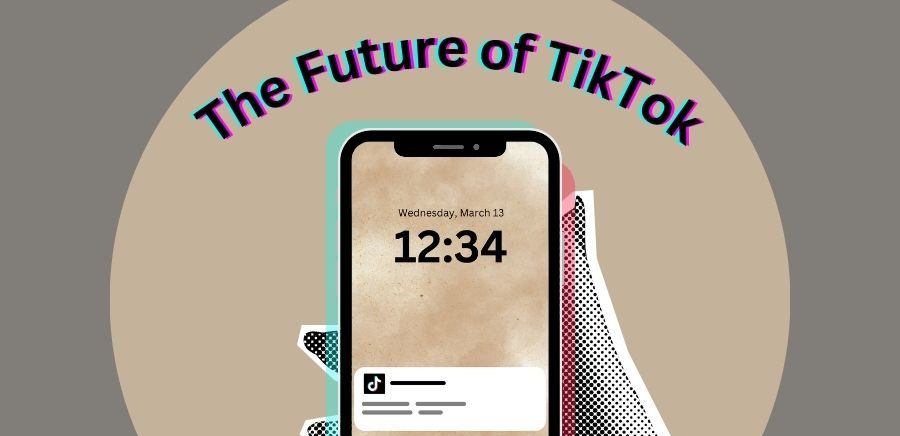On Saturday, April 20, the House of Representatives passed legislation that could potentially ban TikTok. This comes after House of Representatives (H.R.) bill 7521 was passed in the House, but became stagnant in the Senate.
For a few years, TikTok’s CEO Shou Zi Chew, has been fighting with the United States government to make the app accessible for those who choose to utilize it.
Representative Mike Gallagher (R-WI) is the author of the original bill, H.R. 7521, which threatens a nationwide ban if ByteDance Ltd., the Chinese company that owns TikTok, does not sell its stake in the app.
The ban was included in the bill passed Saturday, an aid package deal for Israel and Ukraine. House Republicans were hoping to use the push to pass aid to get the ban passed quickly.
Due to the Chinese Communist Party (CCP) controlling what people are allowed to access in China, they have a special committee within ByteDance that has access to all of its data, including that of U.S. users.
The U.S. government wants to keep this data away from the Chinese government because it could threaten national security. As of now, TikTok officials deny sharing any U.S. user data with the CCP and state they wouldn’t if they were asked to do so.
National security officials say a major risk of TikTok is that if China has any control over TikTok’s algorithm or business operations, it could potentially affect what users see on the platform by either censoring certain content or promoting propaganda and preferred content. This could greatly impact US elections, policy and democracy as a whole.
So far, the bills have passed the House of Representatives and will now move to the Senate. There, they will undergo committee review, where they could be accepted, rejected or modified.
Any changes may trigger the formation of a conference committee to reconcile differences between the House and Senate versions. If a consensus isn’t reached, the bills will not proceed further. If approved, they will proceed to the Senate floor for a vote. Upon passage, they will then be brought to the president’s desk to sign or veto.
Biden said in March that he would sign a bill banning TikTok into law if Congress was able to pass it.
If Biden signs the bill into law, ByteDance would have nine months to sell TikTok and three more months if it’s in the middle of a sale. If ByteDance fails to sell, the app will be banned in all 50 states.
TikTok would be inaccessible from the Apple App Store and Google Play store. The app would remain on devices that have it already downloaded, but it may stop sending updates, eventually rendering it useless as operating systems change.
The law wouldn’t apply to non-U.S. phone software providers or black market sites. People could still “sideload” the app and its updates to their devices, though it would be illegal.
Regarding the ban by the Louisiana government, TikTok has been banned on governmentally-owned networks and devices since June 2023.








